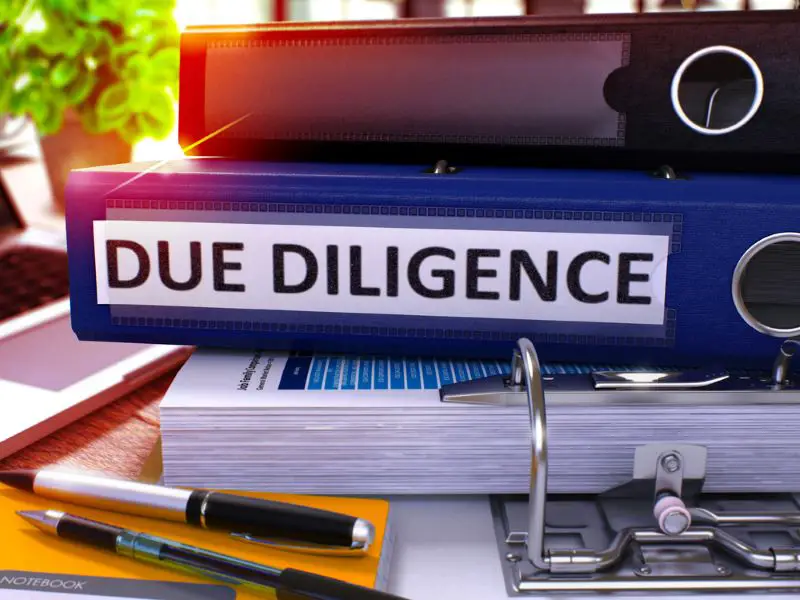Click here to get this post in PDF
Investing in startups can be thrilling, but it is crucial to make informed decisions instead of believing only blind leaps of faith. That’s where due diligence comes in – your secret weapon for navigating the complex investment world. Due diligence services are an essential aspect of investing in startups, and they separate knowledgeable investors from those just gambling. The investment process through due diligence services in a qualifying transaction can be tricky. This article will provide detailed information regarding the due diligence process to help users make more balanced, informed decisions in dynamic venture capital.
Basics of Due Diligence Process
Just like how proper research should come before crucial economic decisions, due diligence needs detailed understanding. Here, investors are involved in transactions with a startup, so they must know its potential rewards, dangers, and reality. The first question that comes to your mind is: What exactly are these due diligence services? Due diligence maps the competitive landscape, gauging the startup’s advantages and disadvantages.
For due diligence, startups generally invite a third party. They will examine the different aspects of a startup before an investment. For confidentiality, companies don’t reveal all the operating details to any party of interest. Thus, the due diligence process allows investors to learn more about how and who operates or runs such a company. The main objective of due diligence in business is to enable informed decisions concerning the company, thus increasing opportunities for value-addition through a merger or acquisition transaction. Through due diligence, investors can make informed decisions that help increase the likelihood of success for their investments.
Additionally, due diligence is all about confirming and assessing risks for an acquiring company while acquiring another company. The due diligence (DD) phase marks the final and often the most challenging part of negotiations between the buyer and seller.
Before the due diligence phase, investors need to do some preparation work. The parties have already signed a confidential disclosure agreement. They have initiated initial discussions on the company valuation and expectations in writing and provided several years of financial statements and general information about the company. They will make an initial valuation under the influence of this data by a purchase acquisition team buyer. The professionals can identify the key financial metrics with the deal structure and the proposed price.
Do you know the core components of the due diligence services? Let’s check out one by one.
Investors need market analysis to assess the viability of a startup’s innovation. This includes evaluating different factors, including the target market size, growth pattern, competition structure, and entry barriers. Understanding the value proposition offered by this startup and its distinctive features from competitors is of utmost significance, as it plays a crucial role in assessing the potential for growth prospects or market fit. These factors help investors make informed decisions regarding the startup’s success for consumers.
In addition, when appraising a startup, you need to consider the intellectual property and legalities of the things. For example, evaluate patents, trademarks, and copyrights in the company’s (IP) portfolio to establish its competitive advantages and mitigate risks of any legal action. To spot potential risks that can affect an operation and its value, investors examine legal documents such as contracts, licenses, and disputes in litigation. An exhaustive examination ensures that investors have the information they need about legal ramifications or issues, allowing them to make informed decisions more effectively during this process for their investment.
Conclusion
Buying or merging with another company is a big deal for any corporate organization. So, before they say “I do,” it’s super important to check everything carefully. This is where due diligence services come in. It is like merging or acquiring a company. The executives ensure they are interested in investing by spending money on checking things out. They get to see the company’s finances, how they run things, and any legal trouble they might have. They check that everything is above board and won’t get them in trouble with the law later. It gives them the information they need to make an intelligent decision about whether or not to do business with them.
You may also like:
When and Why Businesses Should Consider a Corporate Investigation
Important Things to Mention in a Technical Due Diligence Checklist
Image source: Depositphotos.com

